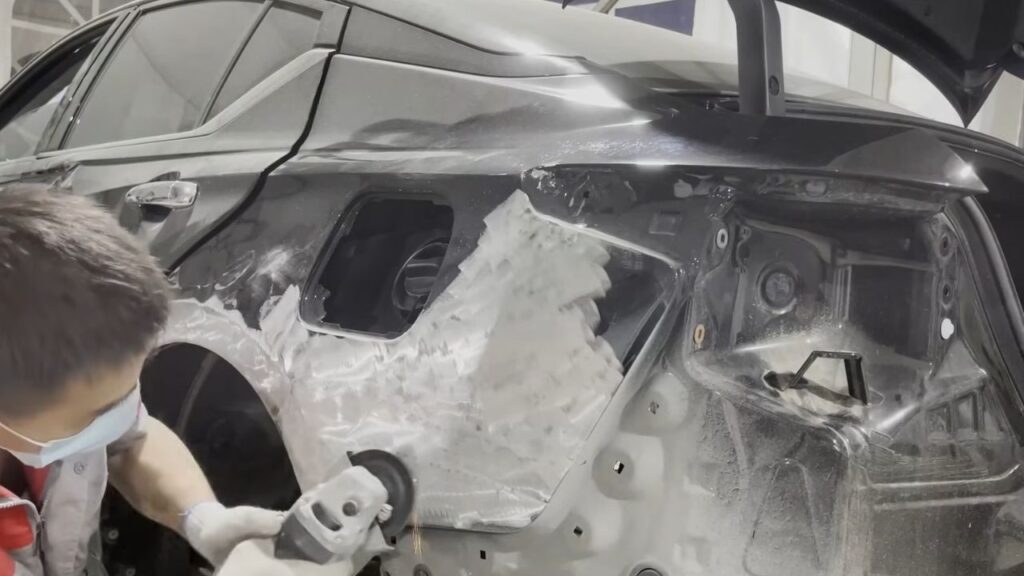When faced with the decision of whether to keep repairing an older car or to buy a new one, it can be challenging to determine what’s best. This post explores both sides of the equation to help you make an informed decision based on your needs, budget, and circumstances.
When to Replace Your Car

Whether you are a car enthusiast or not, the time will come when your car needs to be replaced. No vehicle lasts forever. However, if your car is still in relatively good condition—with only minor rust and no major safety issues—you might wonder if it’s worth replacing it just yet.
For example, I once bought an ’05 Malibu for $1,000. It didn’t require much to pass a safety inspection and served as a reliable transition vehicle. Decisions like these come down to personal circumstances and financial considerations.
The Role of Mechanics and Salespeople

When deciding whether to keep repairing or buy a new car, keep in mind that neither your mechanic nor a salesperson can make that decision for you. It’s ultimately your choice, based on your budget and financial goals.
As an example, I own a 2013 Sonic with only 74,000 miles. While it has been well-maintained with synthetic oil since new, it now requires a few repairs, including an air conditioning condenser and a timing belt. Given its low mileage and overall condition, I’m inclined to keep it.
Tips for Keeping Your Older Car Running
If you decide to hold onto your older car and extend its lifespan, staying on top of mechanical maintenance is essential. Here are some practical tips:
Start Small
If you’re not mechanically inclined, start with simple repairs. YouTube is a fantastic resource for learning how to perform basic maintenance tasks.
For instance, I once needed to replace a switch in my car. A quick YouTube search gave me the knowledge and confidence to handle it myself.
Brake Maintenance
Replacing your brakes can save you money. I’ve had great success with Max Brakes from Amazon. While I initially thought they were a budget option, they turned out to be reliable and cost-effective.
For example, a complete brake kit from Max Brakes costs around $261, compared to over $500 for a comparable set from Parts Avatar. Learning to do your own brake work can result in significant savings.
Oil Changes
Learn how to change your own oil to save money. When oil goes on sale, I buy it in bulk and either change it myself or have a friend do it for me. This approach saves me about 40% compared to paying a shop to do it.
When to Consider Buying a New Car
If the cost of repairing your current car exceeds one year of new car payments, it might be time to consider buying another vehicle. For example, if your repair costs exceed $4,800 (assuming a $400 monthly payment), it may make more sense to replace your car.
In my case, I’ve calculated that about $3,000 will bring my Sonic back to excellent condition. Given its low mileage and good overall state, keeping it is a better financial decision for me.
Research Before Buying a Car
If you decide to explore purchasing another vehicle, whether new or used, thorough research is essential. The internet provides a wealth of resources to help you:
- Check reliability ratings.
- Identify common issues.
- Join car-specific forums and Facebook groups for firsthand insights.
When inspecting a used car, check all fluids, look for signs of damage, and always bring a friend. A second pair of eyes can catch issues you might miss in your excitement.
Certified Pre-Owned Cars and Auctions
If you prefer a bit more protection, consider certified pre-owned programs, though some are skeptical of their value. Always request a Carfax report and verify the car’s history.
For adventurous buyers, sites like Copart offer auction vehicles at significant discounts. However, unless you can physically inspect the car, there’s an element of risk.
Ultimately, the decision to keep repairing an older car or buy a new one comes down to personal needs, finances, and priorities. Do your homework, weigh your options, and remember that it’s your decision to make.
